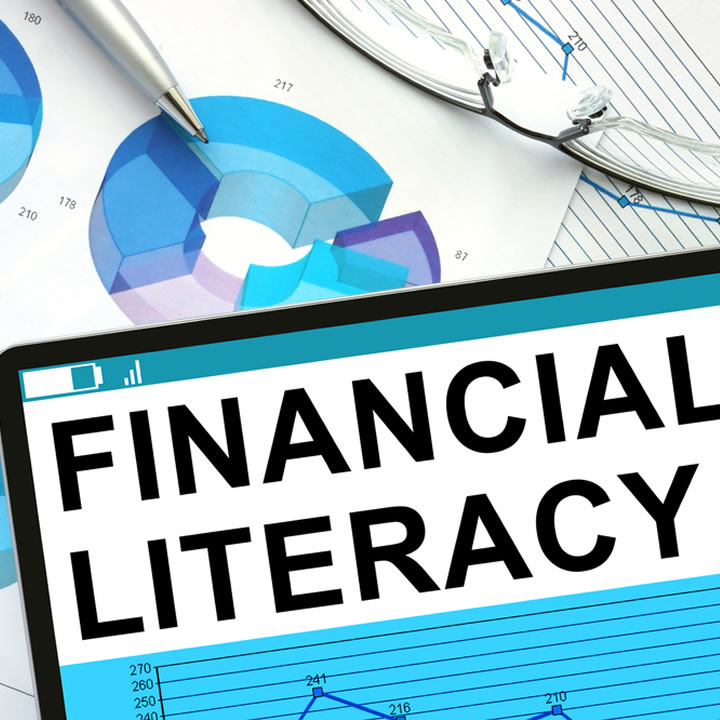Learning how to manage your finances effectively is a lifelong endeavor.
No matter how old you are, improving your financial literacy will help you be better able to live a comfortable lifestyle. So let’s dive deeper into how financial literacy works and some ways you can improve your financial literacy at any age:
How financial literacy works
Financial literacy is having knowledge of financial skills and applying them.
Examples of financial skills include saving for retirement, understanding how credit works, and creating a budget. Being financially literate also means understanding different financial instruments such as ETFs, bonds, and stocks, and being able to create an investment plan.
Why people are never too old to improve their financial literacy
While seniors may have acquired a lot of knowledge in their lifetime, it’s not uncommon to be unsure of what financial decisions to make. You may not know the best Medicare plan to select, how much money you need for retirement, or when to claim your Social Security benefits.
Improving your financial literacy on these topics now can set you up for the best financial future. Knowing something as simple as not taking your Social Security benefits before the full retirement age can increase your future finances by hundreds of dollars.
Ways seniors can improve their financial literacy
Here are some ways seniors can improve their financial literacy:
Learn more about life insurance and get a policy
One way to improve your financial literacy is by learning about life insurance and getting a policy.
Life insurance can provide financial security for loved ones after you pass away. There are life insurance options for seniors you can learn about to determine what would be best for your financial needs.
For example, final expense insurance may be a suitable option if you’re looking to cover end-of-life costs.
This type of policy can cover your funeral costs and final medical expenses.
Understanding how life insurance rates vary when choosing a policy is important. Rates can vary for many reasons, such as your age, the length and amount of coverage you seek, the policy type, and whether you’re in good health.
Reviewing the factors that can affect your life insurance rates can help you find an affordable policy that works for you.
Understand Social Security and retirement savings
As a senior, if you’re not retired now, you may be approaching retirement soon. That makes it necessary to understand Social Security and retirement savings better. The Social Security Administration website provides the information you need to understand Social Security.
In addition, you can review authoritative sources, such as news and finance websites, to learn more about managing your retirement savings.
Learn more about your Medicare options
Medicare is another topic you can brush up your knowledge on to improve financial literacy. Costs and networks of providers can vary depending on whether you get Medicare from the government or a private company.
Visit the Medicare website, with information and resources that can help you learn more and decide which option best suits your needs.
The bottom line
Financial literacy is essential to helping you save money and accomplish financial goals. From understanding life insurance and getting a policy to learning more about Medicare, utilizing these tips can allow you to manage your finances better.
No matter how old you are, improving your financial literacy will give you the knowledge you need to make sound financial decisions for your future.

